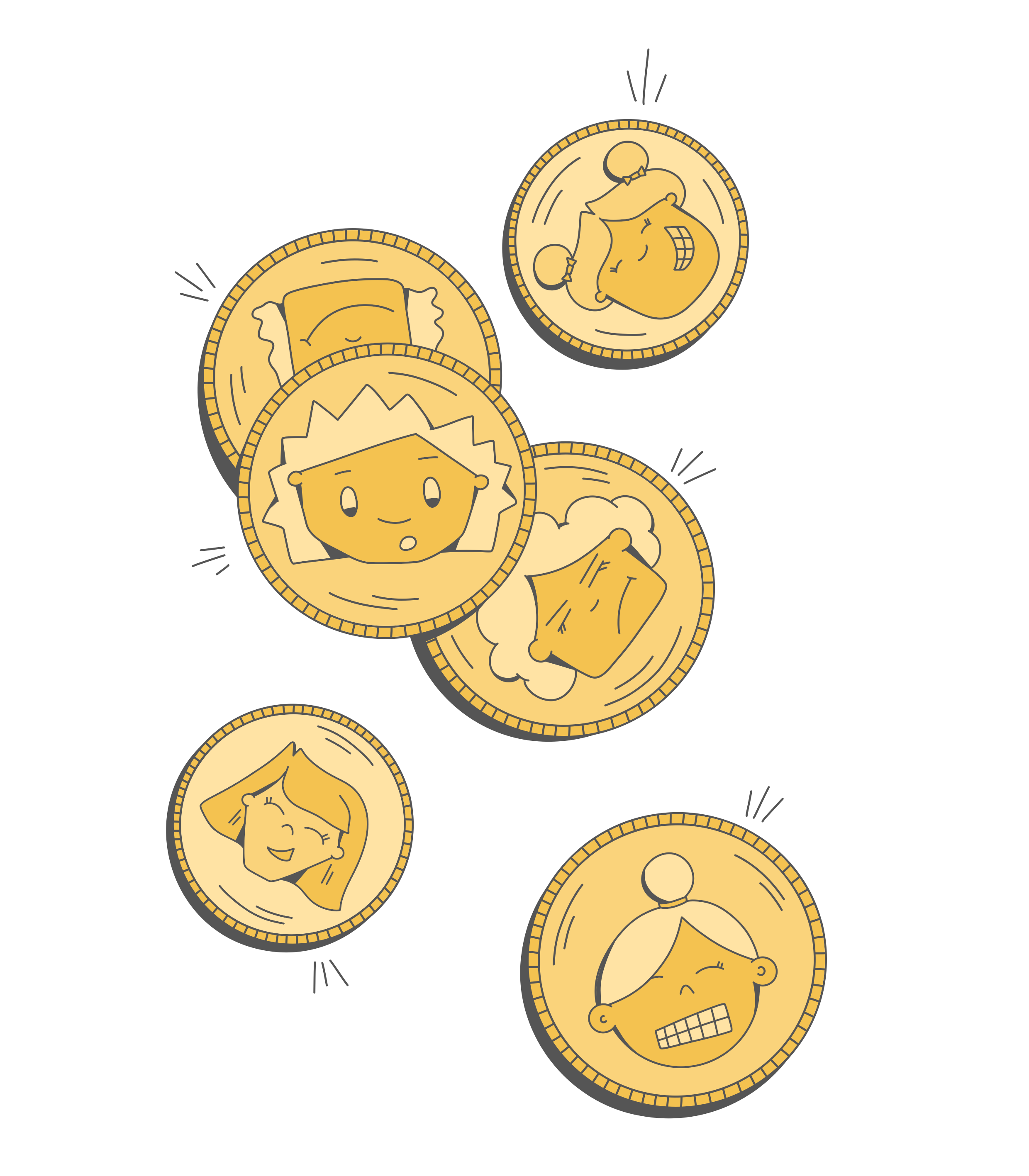Illustrated by Bridget Daulby
MADE IN PARTNERSHIP WITH GOOD X HATCH.
Oh, the complexities of money! Money can be linked to feelings of power, exhilaration, and being in control, but it can also cause fear, guilt, shame and envy.
Did you know that your relationship with money started at a very early age?
If your parents argued about the budget, you’ve lodged this in your brain as a negative data point when it comes to money.
Did you have a feeling of accomplishment when you saved enough to buy your first car?
A positive data point. The money narratives we experienced in our early years have helped form our present financial behaviours.
All emotions amassed over our childhoods dictate our relationship with money as adults.
For those who don’t currently have a healthy relationship with money, there’s hope.
We can turn the ship around by recognising a couple of truths, shaking off those shackles and embracing new beginnings.
You can’t ignore your past
It’s a fact that our upbringing affects our relationship with money: who’s in control, how we talk about it, how important it is or not.
Maybe your uncle lost everything in the ‘87 crash, your neighbour had an investment that went south or a parent was cheated out of their inheritance.
The pressures we felt growing up have shaped our emotions today. Do you feel deserving of money? Out of control?
We could be self-sabotaging our future thanks to a lifetime of negative money emotions.
Whether we mean to or not, we take on the financial habits we’ve witnessed growing up.
We tend to adopt similar patterns and behaviours. You may have accepted that you’re a terrible saver or an impulsive spender without ever stopping and considering why.
Avoidance creates a vicious cycle
Shame is one of the most common and powerful emotions associated with money and is the root cause of why we stick our heads in the sand.
When we feel shameful about something, we avoid it! We might feel we don’t have enough time, that budgeting is boring, that we’re ignorant about investing or we buy stuff when we’re unhappy.
Avoidance of things that make us uncomfortable can lead to a vicious cycle of more avoidance, and the next thing we know, we haven’t started investing for our kids’ education or our retirement.
This can create more anxiety that builds over time. In the end, taking back control is empowering and we can shake the past off.
Your fearless financial life
Breaking bad habits starts with awareness.
Mindfulness allows us to identify negative behaviours regarding money, step back and examine why – and eventually understand the root of the anxiety.
Replacing negative associations with positive affirmations is a decisive step in taking back control.
Take the stress of a difficult conversation and flip it to, “I bring value to the workplace and deserve to be paid my worth”.
Simple changes to our internal dialogue can give us the courage to ask for a raise or the confidence to start investing.
You can’t go back and erase the feelings of scarcity you may have had as a child, but you can start a new chapter and recognise that you deserve financial wellness – the ability to quit a job, travel, get counselling or prioritise self-care.
Consider making a fresh start with your hard-earned money as we head into the summer and a new year.
Check those unhealthy emotions and habits, start putting some money to work and find a like-minded friend to learn with and keep one another on track.
Can’t find a friend at your stage of the financial journey?
Consider a coaching session to get the info and confidence you need to take positive steps to put your money to work.
Visit Hatch coaching to address your fears, thoughts and barriers to owning your future. You deserve it.







